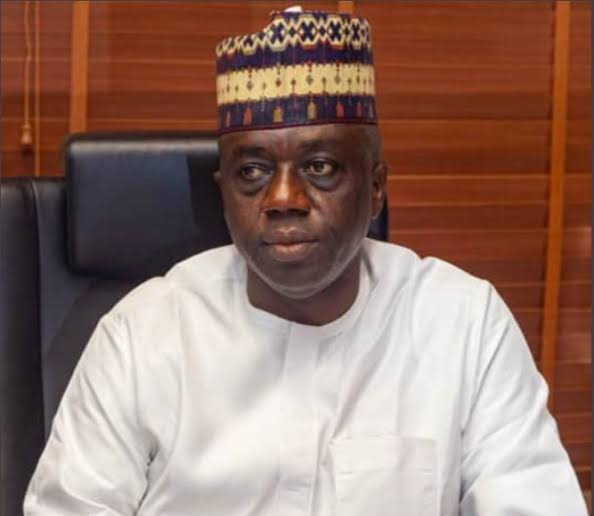Nigeria’s 36 states received a total of N4.43 trillion from the Federation Account Allocation Committee (FAAC) between January and July 2025, according to data from the National Bureau of Statistics (NBS).
Oil-rich states dominated the disbursement, taking nearly 35% of total allocations within the seven-month period. Delta State led with N361.23 billion, followed by Rivers (N301.18 billion), Lagos (N279.03 billion), Akwa Ibom (N278.11 billion), and Bayelsa (N274.81 billion).
Oil Revenue Still Nigeria’s Fiscal Lifeline
The concentration of allocations in oil-producing states underscores Nigeria’s continued dependence on petroleum as its main revenue source.
The 13% derivation principle, which rewards oil-producing states, remains a key driver of the fiscal imbalance. Analysts note that Delta’s strong receipts, for instance, are largely tied to oil derivation funds rather than internally generated revenue (IGR).
Lagos Stands Out Among Non-Oil States
Lagos maintained its dominance as Nigeria’s leading non-oil state, earning N279.03 billion during the period—mostly from VAT, statutory allocations, and its robust IGR base estimated at over N400 billion annually.
According to Dr. Muda Yusuf, CEO of the Centre for the Promotion of Private Enterprise (CPPE), Lagos’s performance demonstrates that “fiscal independence and competitiveness are achievable through strategic investments in infrastructure, urban productivity, and efficient governance.”
Northern States Trail Behind
Despite their large populations, northern states received smaller FAAC allocations. Kano topped the region with N149.81 billion, while Katsina (N109.31 billion), Borno (N110 billion), and Jigawa (N106.87 billion) trailed far behind. Most northern states remain heavily reliant on federal transfers to fund their budgets.
Legal analyst Barrister Ralph Udo noted that the FAAC formula “rewards resource control rather than fiscal efficiency.” He urged states to boost IGR and curb wastage, warning that “until states embrace fiscal intelligence and reduce dependence on Abuja, Nigeria will remain stuck in a rent-sharing economy.”
Middle Belt and Southeast Record Modest Gains
Middle Belt states such as Benue (N104.58 billion), Niger (N97.38 billion), and Kogi (N95.20 billion) recorded mid-level allocations, buoyed by agriculture and solid minerals.
In the Southeast, Anambra (N111.85 billion), Enugu (N92.71 billion), and Abia (N98.12 billion) saw moderate receipts, reflecting limited federal inflows and highlighting the need for improved IGR generation.
Renewed Debate on Fiscal Federalism
The latest FAAC data reignite discussions on fiscal federalism and restructuring. Critics argue that the current system encourages dependency rather than productivity.
Economic analyst Chief Blakey Ijezie, Convener of the National Tax and Economic Conference, stated that “most states behave like administrative outposts rather than economic entities.”
Experts from BudgIT Foundation also emphasize that “Nigeria’s fiscal stability depends not on FAAC distribution, but on how efficiently states manage and grow their economies.”
With calls growing for states to retain more control over their resources, fiscal restructuring remains central to Nigeria’s quest for balanced development and sustainable subnational growth.














